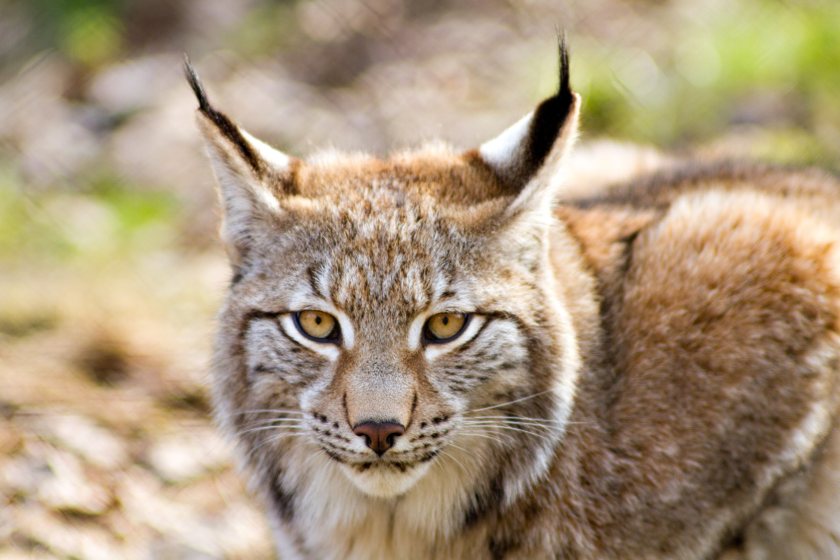
The release of four lynx in the Highlands has been slammed as 'highly irresponsible' by NFU Scotland, and those behind it must be 'brought to justice'.
In a new letter to Scottish cabinet ministers, the union called for a 'zero-tolerance' approach to those involved in the incident, who are yet to be identified.
NFU Scotland president Martin Kennedy said the illegal release of the wild cats was 'reckless', but something that farmers had been 'predicting for some time'.
“We are extremely grateful for the swift action taken in recapturing the animals, but we believe more must be done to identify the individuals responsible and to bring them to justice," he wrote to ministers.
"We welcomed the issue being raised at First Minister’s Questions, during which the First Minister stated that ‘it should not have happened, it was an illegal act, and I join you in condemning it’.
"I therefore write to urge you to make resources available to fully investigate this crime," Mr Kennedy said.
Scottish farmers have become increasingly concerned about wildlife crime, particularly following the illegal release of beavers in Tayside in 2006.
The incident caused thousands of pounds worth of damage and the individuals who were behind it were never identified.
The lack of consequence in this case led to a spate of 'beaver bombings' in England, where similar illegal releases have taken place.
Mr Kennedy said the Tayside incident was a 'bitter pill for farmers to swallow': "[It] provided a model for environmental groups wanting to bypass due process and clear legal requirements to force re-wilding of species," he explained.
"Those who perpetrated the crime had clear intentions, NatureScot and Scottish government chose to allow the animals to stay, under the auspice of a trail, allowing the numbers to expand and receive protected status.
"Environmentalists and the public vilified landowners for wanting to protect their land against damage whilst applauding those who committed the unlawful release.
“We recognise that in the Tayside case no suspects were ever identified, preventing them from receiving penalties and rural crimes are often difficult to solve due to their remoteness."
Because of this, he called for the persons responsible for the illegal lynx release to be identified and to receive sanctions as this would send "a clear message that illegal releases will not be tolerated in Scotland".
"The illegal release of species onto our rural land is a wildlife crime, therefore those who carry out this act must be justly prosecuted," Mr Kennedy concluded.
The Scottish government recently provided reassurance to the farming industry that there was no intention to allow the reintroduction of lynx.
